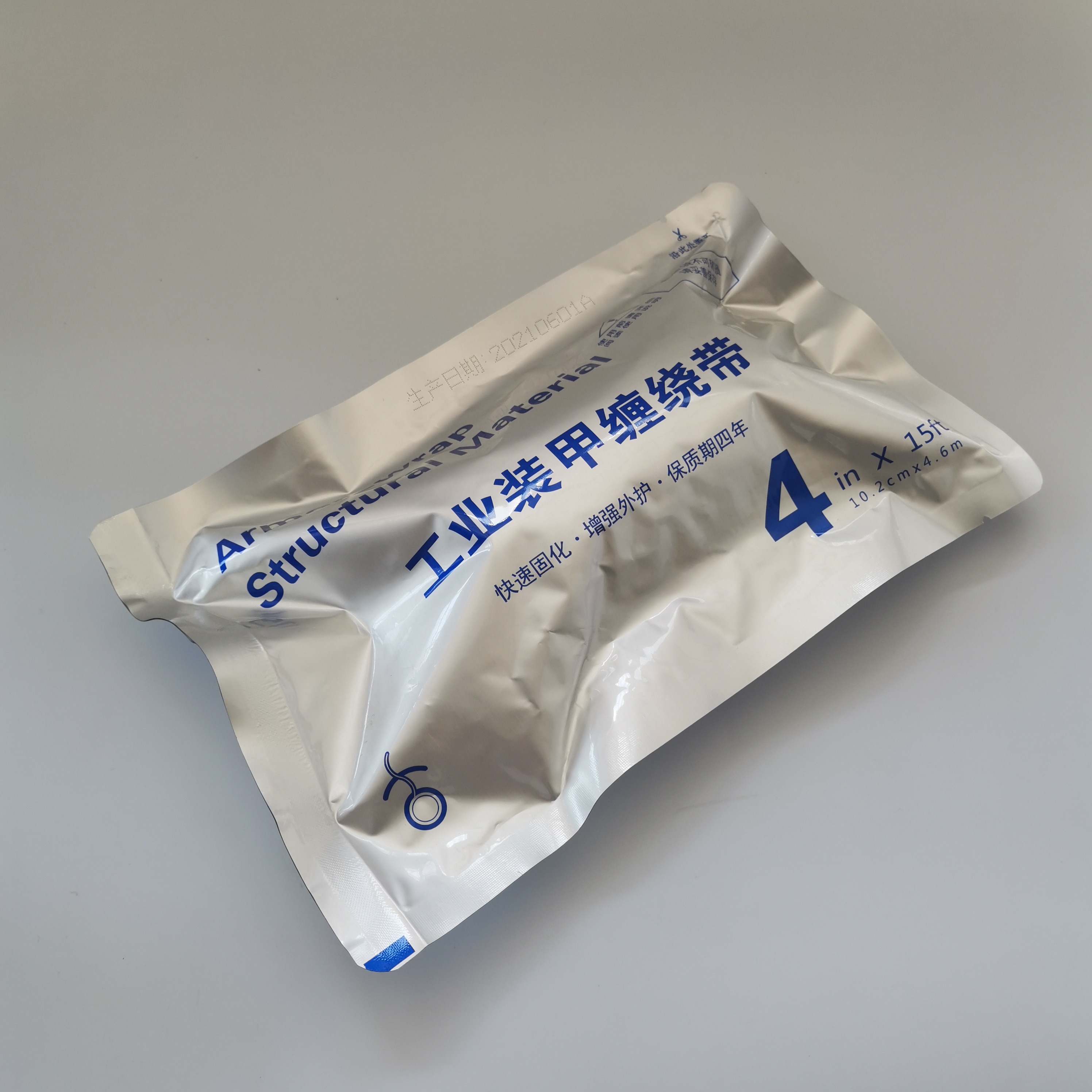Understanding Butyl Tape and Rubber Glue Versatile Solutions for Sealing and Bonding
In the world of construction, automotive, and general repairs, the choice of adhesives and sealants is critical for ensuring longevity and effectiveness. Among the myriad options available, butyl tape and rubber glue stand out as two highly effective solutions. This article will explore the characteristics, applications, and benefits of these materials, helping you understand why they have become popular choices for both professional and DIY projects.
What is Butyl Tape?
Butyl tape is a type of adhesive tape made from a synthetic rubber compound known as butyl rubber. This unique material is renowned for its exceptional resistance to moisture, UV light, and extreme temperatures. Butyl tape is characterized by its thick, sticky texture, which allows it to form a strong, waterproof seal when applied to various surfaces. This makes it particularly useful for roofing, automotive applications, and sealing windows or doors.
One of the key advantages of butyl tape is its versatility. It can adhere to a variety of materials, including metal, plastic, glass, and wood. This makes it an ideal choice for both indoor and outdoor applications. Additionally, butyl tape remains pliable and flexible once applied, allowing it to accommodate movement and expansion within the materials it seals, which is vital in environments with fluctuating temperatures.
Applications of Butyl Tape
Butyl tape has countless applications across different industries. In construction, it is commonly used for sealing joints and seams in roofing materials, preventing water intrusion that could lead to significant structural damage. In the automotive industry, butyl tape is often used for weatherproofing and sealing windows and windshields, providing a durable barrier against rain and moisture.
Furthermore, butyl tape is often employed in manufacturing processes, such as in the production of electronic devices, where moisture protection is essential. The construction of mobile homes and RVs also benefits from butyl tape, ensuring that joints are sealed effectively to prevent leaks and improve insulation.
What is Rubber Glue?
butyl tape rubber glue

Rubber glue, often referred to as rubber cement or contact adhesive, is a powerful bonding agent composed of natural or synthetic rubber dissolved in a solvent. Rubber glue is known for its flexibility and strong initial tack, making it an excellent choice for bonding materials that require a resilient adhesive. It works well on porous and non-porous surfaces, including paper, fabric, metal, and plastic.
One of the standout features of rubber glue is its ability to create a strong bond that remains flexible after drying. This attribute is particularly valuable in applications where movement or stretching may occur. Additionally, rubber glue is generally easy to apply, often coming in a simple squeeze tube or spray can.
Applications of Rubber Glue
Rubber glue has a wide range of applications in various fields. In crafting and arts-and-crafts projects, it is frequently used for bonding paper, fabric, and other lightweight materials. The flexibility of the bond is particularly advantageous for projects requiring movement or that will be subject to stress.
In the automotive industry, rubber glue is utilized for attaching weatherstrips, insulating materials, and even some types of upholstery. Its ability to bond with diverse materials makes it a favorite among DIY enthusiasts and professionals alike.
Choosing Between Butyl Tape and Rubber Glue
When deciding between butyl tape and rubber glue, it is essential to consider the specific application and requirements of your project. If you need a waterproof seal, especially in roofing or construction, butyl tape is likely your best option. However, if you require a strong bond that can withstand movement and stress without cracking, rubber glue may be the more suitable choice.
In conclusion, both butyl tape and rubber glue offer valuable solutions for sealing and bonding in various applications. By understanding their unique properties and suitable applications, you can make informed choices that enhance the quality and durability of your projects. Whether you are a professional contractor or a DIY enthusiast, these materials can significantly contribute to the success of your work, providing reliable results that stand the test of time.
-
XIANGFAN Rubber Tape-Ultimate Solutions for All Your Insulation NeedsNewsJun.24,2025
-
XIANGFAN Rubber Tape-Protection for Industrial and Residential ApplicationsNewsJun.24,2025
-
XIANGFAN Rubber Tape: Superior Safety and Sealing for Demanding EnvironmentsNewsJun.24,2025
-
XIANGFAN Rubber Tape: Reliable Solutions for Every Electrical ChallengeNewsJun.24,2025
-
XIANGFAN Electrical & Industrial Tape: Powering Reliability Across IndustriesNewsJun.24,2025
-
XIANGFAN Electrical & Industrial Tape: Excellence in Every ApplicationNewsJun.24,2025
